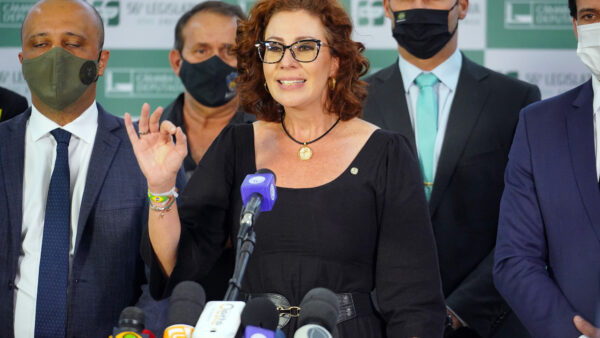Porto Velho is one of the biggest cities in the Brazilian Amazon but it still feels like a small town. There is little traffic in the urban center located in the heart of Rondônia state. Trade is still modest and the population is growing slowly. In a decade, it has increased from 428,000 to 530,000 inhabitants.
The cattle population, however, is growing much quicker. A decade ago, the human and bovine populations in Porto Velho were similar. Today, there are two heads of cattle for each human.
This same trend is repeated in the other states that encompass the Amazon biome. Data from the Brazilian Institute of Geography and Statistics (IBGE) show that cattle herds in the north of the country have grown more than any other Brazilian region. Here, herds grew 22 percent, compared to the national average of 4 percent, as shown in a new cattle ranching map of Brazil, produced by InfoAmazonia and Diálogo Chino.

This growth is driven by demand. With more money in their pockets, families worldwide, and especially those in developing countries, are consuming more meat.
China, the final destination of more than a third of meat produced in Porto Velho, is a case in point. Chinese consumers eat 30 percent more meat compared to a decade ago. Though the average Chinese still consumes almost ten times less meat than the average Brazilian, the size of the country’s population means consumption habits have a tremendous impact.
Higher levels of beef consumption worldwide have brought prosperity to Rondônia’s farmers. Adélio Barofaldi is CEO of Grupo Rovema, which owns the largest network of car and truck dealers in the state, and invests in energy and livestock. He is also president of the Association of Rural Landowners of Rondônia (APPRO).
“We are the fifth-largest producer of beef from Brazil, with 70 percent preserved area,” Mr. Barofaldi told Diálogo Chino at his Porto Velho office.

But the market has also become a powerful driver of deforestation. Rondônia was among the states most affected by this year’s fires. As local ranchers become more successful, the value of pasture in the region also increases, which has the common consequence of encouraging land...


 Search
Search






































